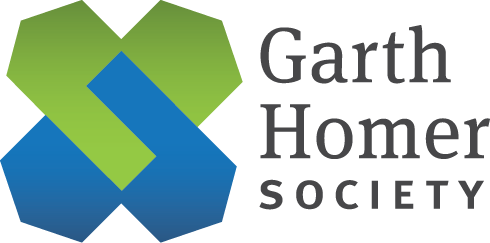
Roslyn Shares Her Dementia Knowledge
According to the Alzheimer’s Society of BC (Alzheimer Society of British Columbia), it’s estimated there are 85,000people living with the disease in the province. For people with intellectual disabilities, the diagnosis often comes earlier in life than for the general population. And for those with Down Syndrome, the incidence of Alzheimer’s disease, one of the most common forms of dementia, is about three to five times greater than in the general population.
Caring for those with dementia is a large part of what staff at the Garth Homer Society’s Pathways program do each and everyday. “Dementia is unfortunately a big part of our program,” says certified dementia caregiver Roslyn Wagstaff. She recently completed three months of specialized training and is now sharing her learnings with fellow caregivers.
“It’s a progressive brain disease and not something [our clients] can help or will get better,” explains Wagstaff. “For some people it will progress quickly; for others …more slowly.”
Wagstaff has been with Pathways since 2011 and was attracted to the program by her love of working with the elderly. Designed for older age clients with higher communication, behavioural or complex needs, Pathways adopts a “go with the flow” approach to programming. On average, Wagstaff and her colleagues care for six to eight clients with dementia attending the program. “Every day is a new day,” she says. “Actually, every hour is a new hour – you have to be flexible.”
One of the greatest takeaways from her training was delving into the seven As of dementia: Anosognosia (loss of insight), Amnesia (loss of memory), Aphasia (loss of language), Agnosia (loss of recognition), Apraxia (loss of purposeful movement), Altered Perception and Apathy.
“Everyone’s journey with dementia is different,” adds Wagstaff, noting one of her clients has recently started “sundowning” which refers to a state of confusion that occurs in the late afternoon and lasts into the night. “She gets picked up at 1pm but continues coming in the morning as getting into the care to come to the centre means she’s not sitting at home.”
“She still has friends here. The feelings are there, even if she doesn’t remember people’s names.”
The goal of Pathways is keeping clients coming to the centre for as long as possible. Maintaining cognitive skills is key. For many, that means playing games or listening to music on an iPad. One Pathways participant copies numbers off the stock exchange onto paper which encourages the fine motor movements necessary to write. Other activities like Gameshow Tuesday are designed to reach down into memories that are still there for clients.
Patience, kindness and a good sense of humour are all qualities Wagstaff say are needed in large doses, not only for a certified dementia caregiver like herself but for those who care for her clients when they’re away from Pathways. She also stresses self-care, perspective and gratitude as tools caregivers should use for themselves. For Wagstaff, that means taking her dog for a walk after work. It’s time to herself that’s precious as when away from Pathways. Wagstaff helps support her mother-in-law who has dementia. “I get through by remembering the person she used to be and being thankful for the time we have together.”
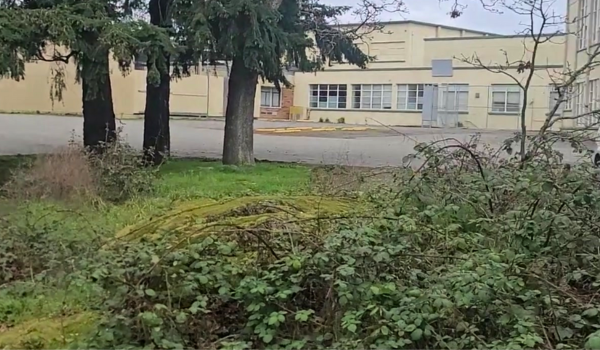
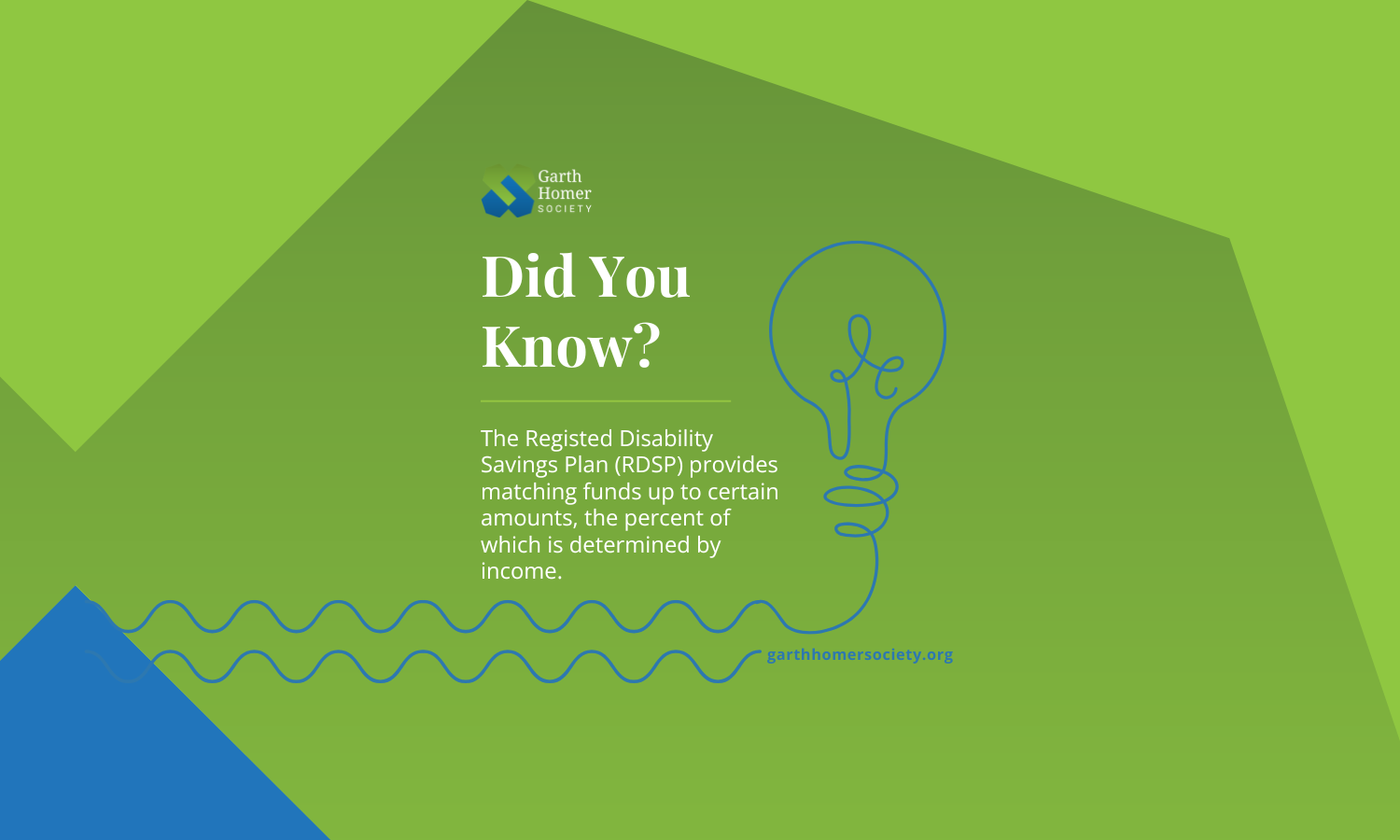


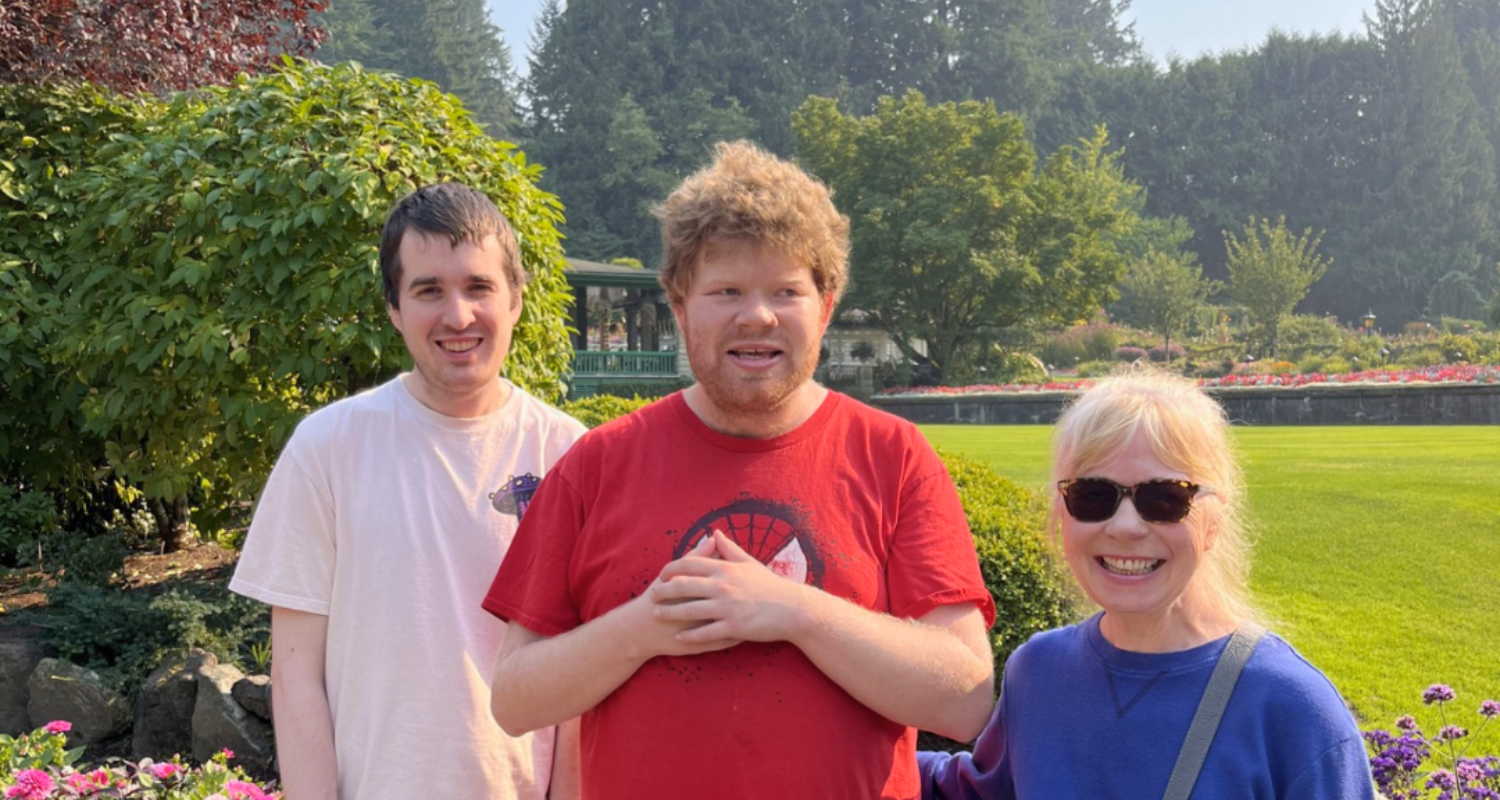
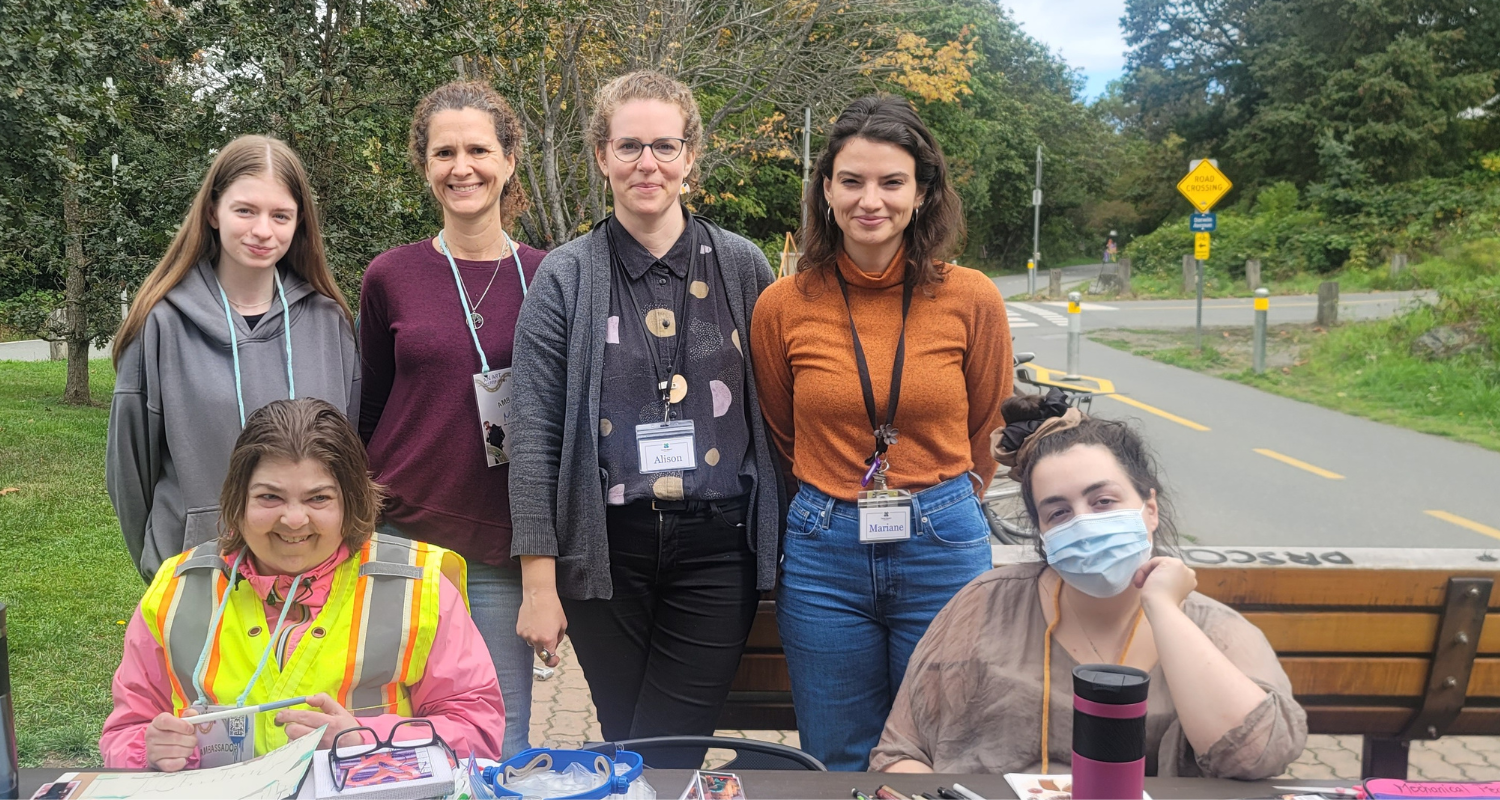
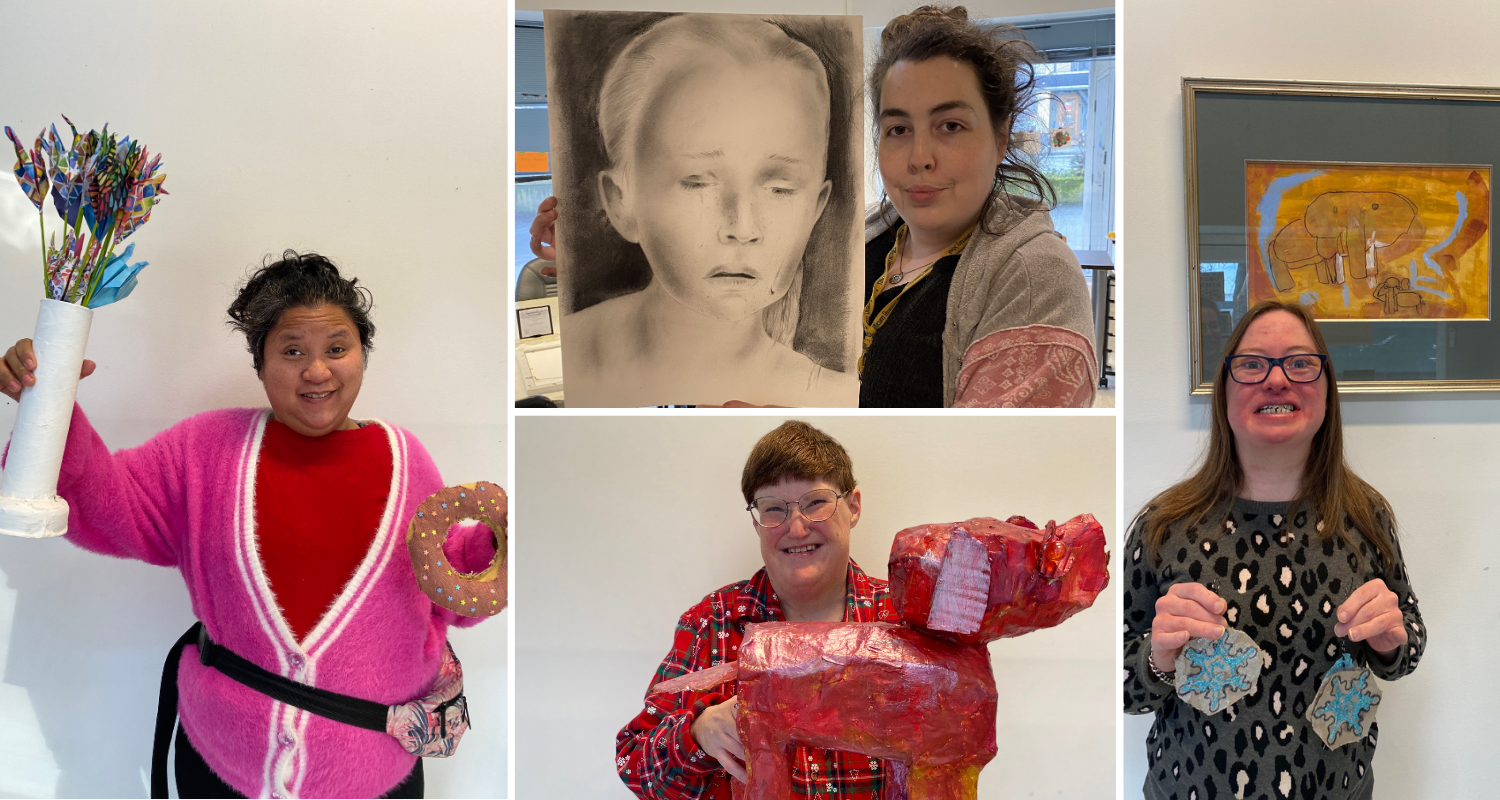
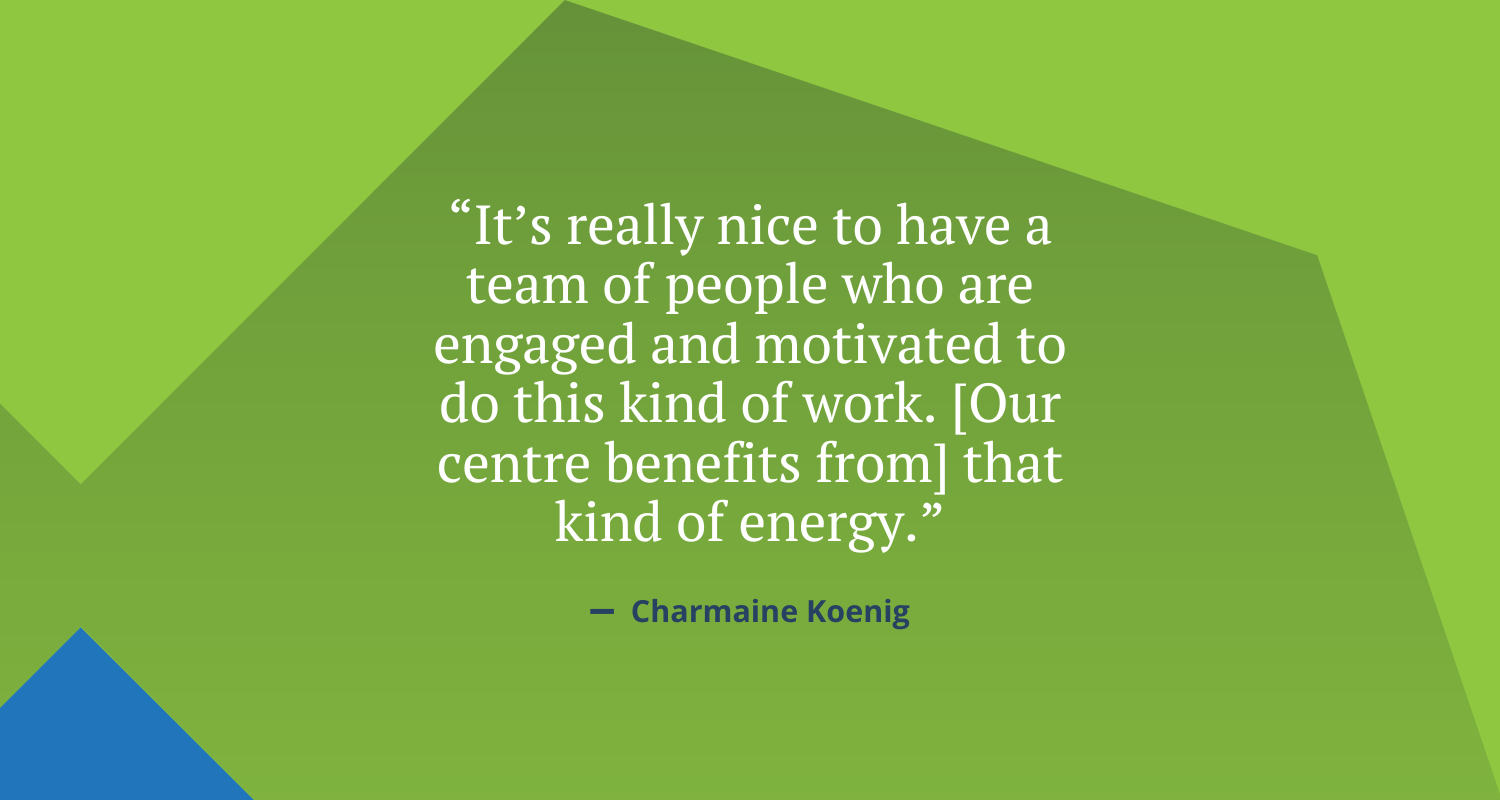
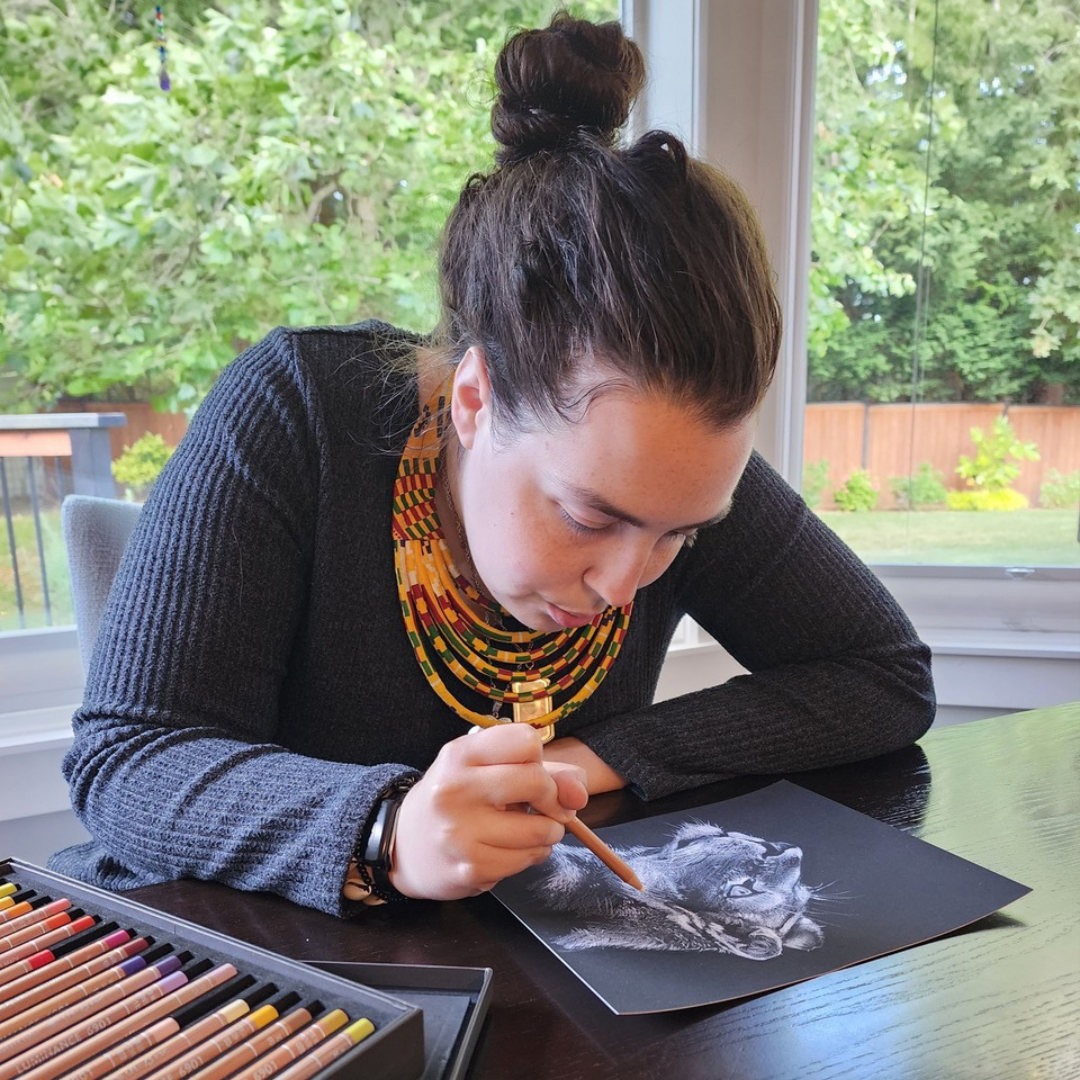

813 Darwin Avenue, Victoria, BC V8X 2X7
ghsinquiries@garthhomersociety.org
(250) 475-2270
More
Stay Connected
Contact Us
813 Darwin Avenue, Victoria, BC V8X 2X7
More
Stay Connected
813 Darwin Avenue, Victoria, BC V8X 2X7
ghsinquiries@garthhomersociety.org
More
Stay Connected
All Rights Reserved | Garth Homer Society | Our Privacy Policy
All Rights Reserved | Garth Homer Society
